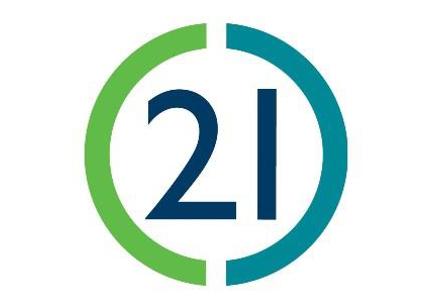
Kris Peach
Managing Director of Extra Care

Kris joined Housing 21 in July 2010 following a period of time working for a specialist supported housing provider. He previously worked for Claimar Care for over 10 years in operational and development roles, managing and commissioning new Home Care and Extra Care services.
Since working for Housing 21, Kris has seen the impressive expansion of Extra Care across the country. As the Managing Director of Extra Care, Kris is responsible for providing the strategic leadership, direction and oversight for the development of Extra Care at Housing 21.
The ambitious development plans of the organisation means that Kris will oversee an additional 800 units of Extra Care per year for the foreseeable future. He is committed to ensuring that Extra Care services deliver the best quality housing and care for older people. For Kris, this means continually striving to innovate and further improve the housing with care offer from Housing 21.
| Position | Managing Director - Extra Care |
| Company Directorships | Board Member Trafford Housing Trust |
| Businesses in which a partner or sole trader | None |
| Employing Businesses | Housing 21 |
| Businesses which I own or in other ways control more than 2% (for quoted companies) or 10% (for private companies) of the issued share capital | None |
| Statutory bodies in which I am an elected member or official | None |
| Other positions of Public Responsibility | None |
| Membership of other Housing Associations Occupier of any property owned or managed by another HA | Board member Trafford Housing Trust part of L&Q L&Q committees (Governance and Remuneration Committee and the L&Q Living Committee) |
| Other associated interests | None |
| Relationship with a local authority or council (either personally or a close family member) | None |


